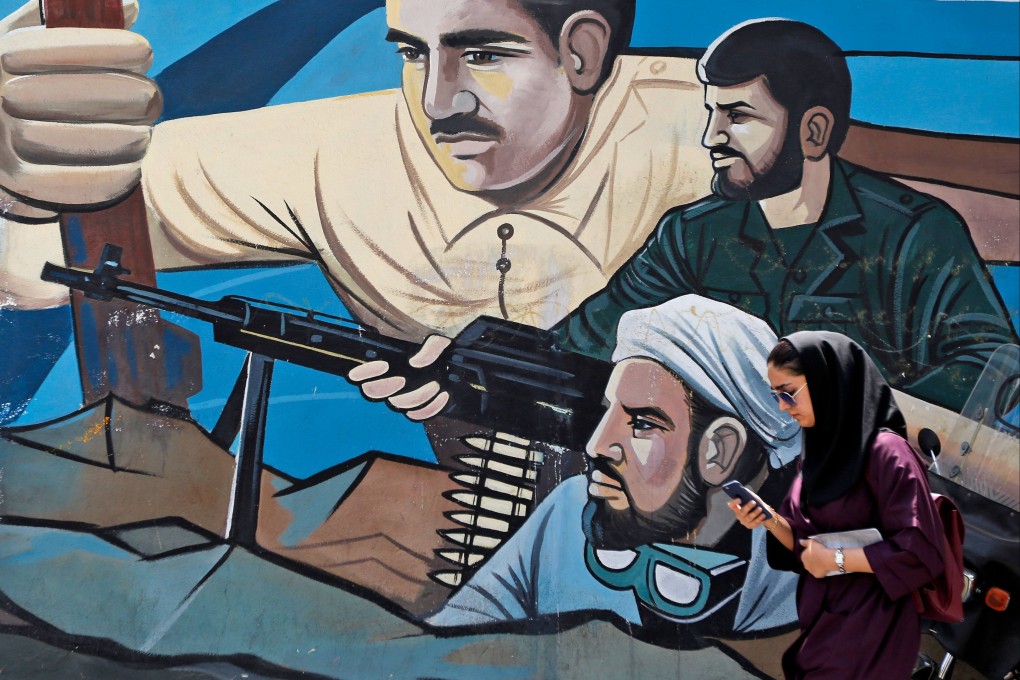Asian Angle | Palestinian rights activists show why the Muslim world’s struggle for justice is best served by non-violence
- Non-violent advocates of Palestinian rights have advanced their cause much further than the territory’s ‘suicide-bombers’ and missile operators have
- Muslim historians have exaggerated the role of battles and heroes without taking into account the religion’s emphasis on peaceful struggle for justice

Islam’s deep affinity for peace is perhaps best illustrated by the fact that the word “Islam” implies peace through engaged surrender to God, to the Divine Will.
There are a number of passages in the Koran that demonstrate its commitment to peace, especially the peaceful resolution of disputes. The Prophet Mohammed’s life and struggle also offer numerous instances of his inclination towards peace. It is well known that he even delayed the conquest of Mecca, much to the chagrin of his followers, to minimise violence and bloodshed.
However, the Koran and the Sunnah (the Prophet’s example) – great as their influence may be upon the lives of Muslims – do not tell us how Muslims have tried to uphold Islam’s teachings on peace in real-life situations.
Colonial Britain went beyond the mandate and, through the Balfour Declaration of 1917, promised Jewish groups in Europe that it would help them establish a “Jewish home” in Palestine. This accelerated Jewish migration.
Right from the beginning, Palestinians – both Muslim and Christian – protested against this demographic intrusion from Europe. It is significant that at this stage of the Palestinian struggle their resistance was largely peaceful, taking the form of rallies and mass meetings.